Real Assets. Regenerative growth. Lasting impact.
Real Assets. Regenerative growth. Lasting impact.
At Gresham House, we invest in sustainable agriculture, including farmland and associated production systems. Our patient capital approach enhances productivity, embeds sustainability, and accelerates the transition to sustainable, regenerative agriculture.
Our dedicated agriculture team of eight professionals brings more than 30 years of combined experience in farmland, forestry, and private equity. Backed by Gresham House’s £8.7bn platform including sustainable real assets and £4bn in Natural Capital – we combine specialist expertise with a proven record in sustainable land use (Gresham House, 30 June 2025).
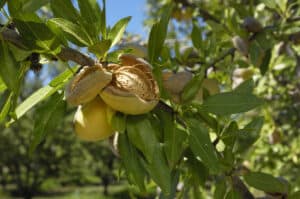
Real Assets
We believe agriculture is a resilient real asset class that delivers diversification, income, and impact.
Why Agriculture?
| Annual income from crop production | |
| Long-term land value appreciation | |
| Diversification through uncorrelated return | |
| Inflation protection, especially in high-inflationary environments | |
| Attractive risk-adjusted returns that enhance portfolio efficiency |
Strategic value drivers:
| Rising demand for healthy, sustainably produced food | |
| Finite supply of productive farmland | |
| Supportive regulation and consumer trends | |
| Increasing institutional access and liquidity |
Regenerative growth
Our active management approach aims to stabilise yields, reduce volatility, and capture value across the supply chain.
-
Specialist agriculture team: 8 professionals with 30+ years of experience across farmland, forestry, and private equity
-
Natural Capital heritage: Europe’s largest specialist manager of Natural Capital1 with £4bn AUM in the sector
-
Private equity mindset: Active, hands-on approach to value creation
-
Sustainability: including investments guided by measurable environmental and social outcomes
Source: IPE Real Assets, Top 25 Natural Capital investors, January 2025.
-
Developing integrated farming platforms diversified by crop and climate zone
-
Prioritising resilient, defensive crops such as permanent crops and fresh produce
-
Selectively integrating into processing, packing, and distribution to capture margin and enhance control
-
Applying agronomic best practices, advanced technology, and modern infrastructure to optimise performance
Lasting stewardship
We believe secure and sustainable food production underpins global prosperity, with agricultural investments striving to deliver measurable environmental and social outcomes alongside financial returns.
Our sustainability framework
Our science and data-driven approach to sustainability guides how we manage, measure and report and aims to foster transparency, accountability and continuous improvement.
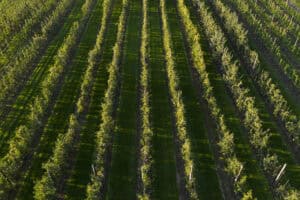
Regenerative practices
We aim to provide capital to help companies transition to regenerative farming that minimises input use while enhancing biodiversity and carbon sequestration.
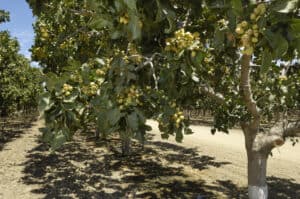
Technology-enabled productivity
Technology is central to unlocking land’s full productive potential. We aim to deploy precision farming, resilient crop varieties, and modern infrastructure to reduce risks, stabilise yields, and strengthen climate resilience.
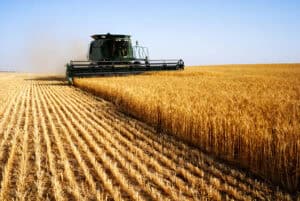
Community engagement
Investments aim to regenerate rural communities through local employment and skills development, and safe working conditions.
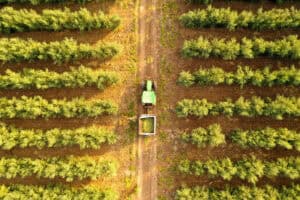
For more information on our approach to sustainability, please see our policies.
Capital at risk. Investments in natural capital are not for everyone. Please read more about the investment class and read up on the risks involved before considering investing.
Natural Capital leadership team
Get in touch for more information and to find out more
 |
 |
 |
| Ben Gunnee | Heather Fleming | Claire Glennon |
| Head of Institutional | Managing Director, Institutional Business | Head of UK Institutional Sales |
| b.gunnee@greshamhouse.com | h.fleming@greshamhouse.com | c.glennon@greshamhouse.com |
FAQs
Sustainable land management refers to the use and management of land resources in a way that meets the needs of present generations without compromising the ability of future generations to meet theirs.
This includes ensuring that natural resources such as soil and water are protected, and restored where possible, to ensure ecosystems can continue to support long-term human land use requirements such as food and timber production. It also involves the integration of environmental, social, and economic considerations in land use decision-making and the promotion of practices that contribute to the long-term well-being of both society and the planet.
Natural capital is the stock of all natural resources, including water, air, soil, minerals, plants and living organisms, and the habitats that support them, such as forests, wetlands and grasslands, which deliver value to society through the provision of ecosystem services.
 Gresham House
Specialist asset management
Gresham House
Specialist asset management















